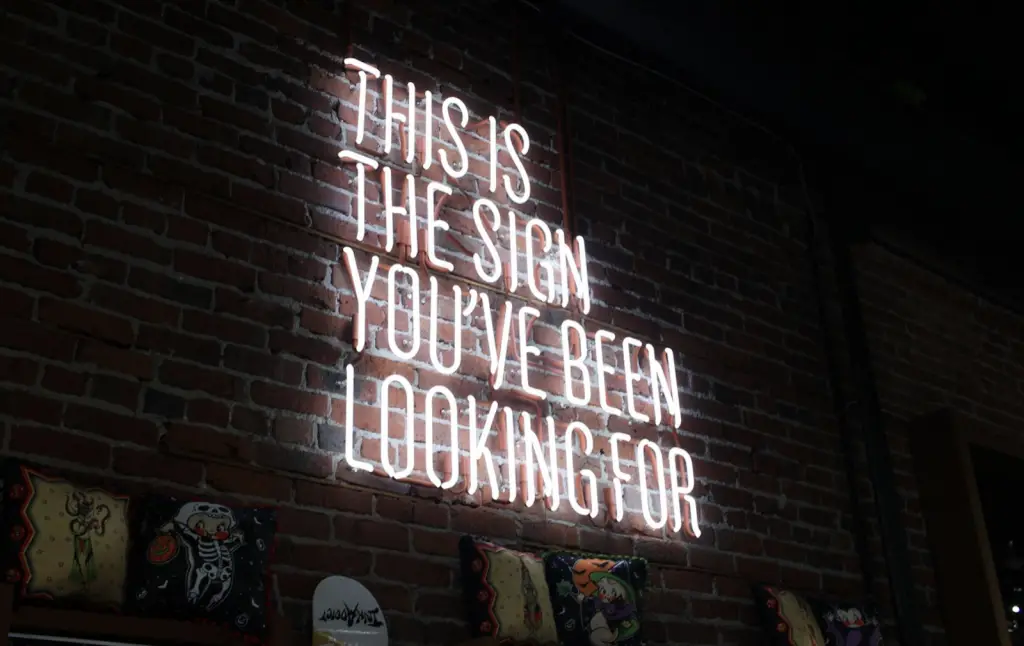
On Sunday, I begin the day at Cambridge’s Brattle Theatre with my first documentary, “Crawford,” which details the impact our 43rd President’s residency has had on the small Texas town where he relocated in the run-up to the 2000 election. While some in the town recognize from the beginning Bush’s cynical public-relations motives for installing himself in the tiny, prototypically American town, the majority seem initially to be honored by the presence of such an eminence. Over time, though, politics sours relations among many townsfolk, and no one enjoys the media attention they receive as the Iraq War becomes increasingly unpopular and Cindy Sheehan and other anti-war protestors set up camp there. Ultimately, the small community becomes a microcosm of partisan politics in the modern era, destroying lives and livelihoods in the process.
I skip the Q&A following “Crawford” so that I can head back to the Somerville Theatre for another doc, “Wild Blue Yonder.” The film, directed by Celia Maysles, details her attempts as an adult to get to know her late father, famed documentarian David Maysles, who died suddenly when she was only seven. Many of his colleagues and former subjects generously assist with her project, sharing reminiscences and keepsakes, but David’s brother and lifelong collaborator, Alfred, refuses to contribute more than token assistance, jealously guarding the brothers’ extensive archives. What emerges from the project is less a biography of David Maysles than a portrait of grief and coping, with Celia ultimately making peace with the loss.
In person, Celia Maysles is tiny and adorable, and her candid Q&A picks up some of the loose threads of the film to provide the audience with a sense of closure. She acknowledges that Albert has continued to stonewall her attempts to view the archives, ultimately reaching the point that she and her uncle no longer speak at all. She mentions that, in her previous life as a social worker, “I was able to get junkies to quit heroin, but I couldn’t get this footage.” She takes solace in her father’s observation about documentary filmmaking that “it’s not about the answers; it’s about the search.”
After the Q&A, I head to one of the festival’s five packages of short films, this particular one designated “New Outlooks.” It consists of nine films of no more than 10 minutes in length, each of them highly idiosyncratic and highly developed individual visions. Of particular interest is “The Pull,” a doc about a gay couple that recognizes early on in their relationship that it can’t last and decide to end it at an arbitrary but mutually agreed-upon future date. The upshot is that moments they would have otherwise taken for granted gain added meaning through their awareness of how soon they’ll cease sharing such experiences. It gives me things to consider that, all in all, I’d prefer not to consider.
Less thought-provoking but more fun are two shorts that screen back-to-back, “Spider” and “I Love Sarah Jane,” two Australian films that share a grisly black humor that would have meshed well with that of “Stuck.”
I close out my Sunday night with “Phoebe in Wonderland,” a first feature by writer/director Daniel Barnz that explores the experiences of a nine-year-old girl with seemingly uncontrollable behavioral problems who escapes from the difficulties of her day-to-day life through her performance as Alice in an elementary school production of “Alice in Wonderland.” Elle Fanning plays Phoebe with great nuance and no hint of the actorishness that mars the performances of older sister Dakota.
This kid is unquestionably the real deal, and she’s supported by an all-star cast that includes Felicity Huffman and Bill Pullman as her frustrated parents, Campbell Scott as the school’s spineless principal, and Patricia Clarkson as the drama teacher who sees what makes Phoebe special (in the positive sense). Little Ian Colletti is also noteworthy as Phoebe’s friend Jamie, a fellow outsider who instinctively connects with her desire to be someone other than herself. Little Jamie, you see, is a budding homosexual—his dream is to play the Red Queen—but is also presented with complexity and great empathy.
Admittedly, it’s one of the more Hollywood-feeling films of the festival, not only because of the cast but also in its twinkly magic-realism, but in terms of emotional impact, “Phoebe in Wonderland” is right up there next to “Ballast.”
The festival concludes in Part Four of Film Threat’s Independent Film Festival of Boston Wrap-Up>>>
